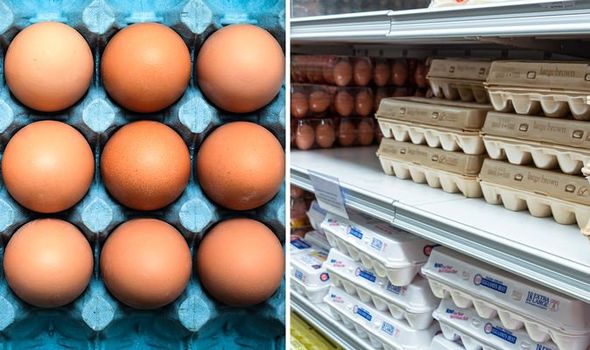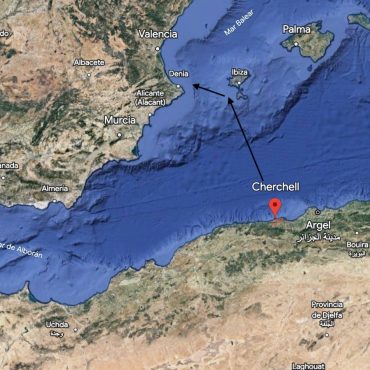-
 play_arrow
play_arrow
BayRadio Listen Live Broadcasting in Spain
Where are the eggs? UK suffers the first consequences of inflation


The UK Government has confirmed that the country is in recession. Today, tough measures have been put forward to deal with that crisis.
The recession in the UK is now a reality. This has been confirmed this Thursday by the Government of Rishi Sunak, which has also announced a general increase in taxes and the minimum wage and a tax on the extraordinary profits of energy.
The calculations of the Minister of Finance, Jeremy Hunt, predict that the economy of the country will not recover the levels prior to the pandemic of the coronavirus until at least two years time. In his appearance at the House of Commons, the British head of Treasury has detailed that the country’s GDP will grow 4.2% in 2022, fall 1.4% in 2023 and rise again 1.3% in 2024.
In addition, according to the prediction of the Office of Budgetary Responsibility (OBR), inflation in the United Kingdom will reach 9.1% this year, with a decrease of up to 7.4% in 2023.
Against this backdrop, Hunt has made it clear that in the coming weeks “some difficult decisions will be taken to restore stability and reduce inflation”, which is now at levels never seen before in the last 40 years.
Where are the eggs? This is the question many consumers are asking these days at any supermarket in the UK. There are none and the establishments are already rationing their purchase.
In March the British Association of Farm Egg Producers warned that the country could run out of eggs by Christmas. In addition, a third of the farmers “reduced the size of their stalls, temporarily stopped production or left the industry altogether” in recent months.
Shops blame bird flu and the Russian invasion in Ukraine, but British chicken farmers explain that the problem is not shortages, but supermarkets do not want to pay for eggs. ” While prices have risen by the dozen, many farmers have received only 5-10 pence of that increase,” they add.
In recent months the price of eggs has increased by 40%, mainly due to increased costs and fuel prices. That is why companies are now looking in Europe for suppliers that offer cheaper prices.
The problem is that with the exit of the UK from the eurozone permits are delayed and supermarkets already suffer from shortages.
Written by: BayRadio News
Similar posts
Recent Posts
- Robotic Surgery for Prostate Cancer: What Is Radical Prostatectomy and How Does the Da Vinci Robot Improve It
- What Is Fibromyalgia? Symptoms and Treatments of an Invisible Illness That Requires Specialized Attention
- AMASVISTA Glass: 10 reasons to choose SUNFLEX glass curtains
- Robotic Surgery, Immunotherapy and Comprehensive Care Take Centre Stage at Pancreatic Cancer Conference at Quirónsalud Torrevieja
- Robotic Surgery Against Ovarian Cancer: Greater Precision, Less Pain and Faster Recovery

Ctra. Cabo La Nao, CC La Nao, Local 6 03730 Javea, Alicante, Spain
Advertise with us
Do you have a business in Spain? Do you provide a service to the expat community in Spain? Would you like your message to reach over 500.000 people on a weekly basis?
BayRadio is a community orientated radio station offering fantastic content to our many listeners and followers across our various platforms. Contact us now and find out what Bay can do for you!
Our business is helping your business grow.
BAY RADIO S.L. © 2024. ALL RIGHTS RESERVED. WEB DESIGN BY MEDIANIC







